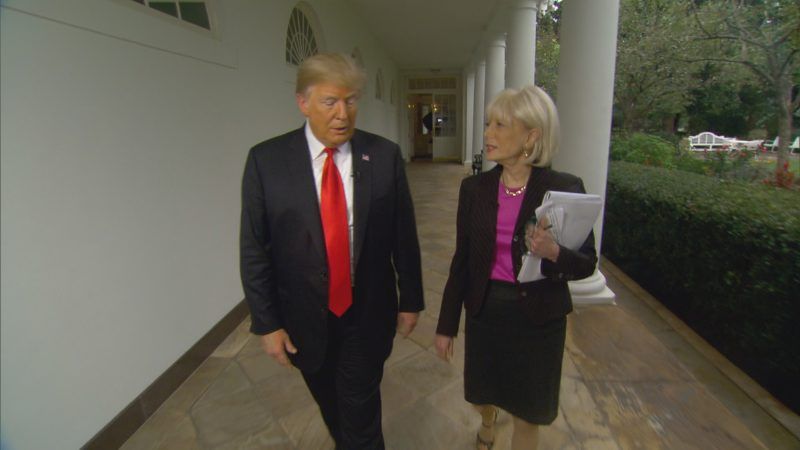Don't Be Fooled By Our Media Wars: Everybody Hates Free Speech
Treating free expression like an instrument of power means that the fight is more about who gets punished most when politicians write new restrictions.

As America's acid bath of a presidential campaign boils to a merciful close, the political clamor is becoming increasingly indistinguishable from a shouting match about, over, and against the media. Twitter is still blocking the New York Post's main account a week after the tabloid's controversial article on Hunter Biden's alleged corruption. President Donald Trump has been waging preemptive war against upcoming debate moderator Kristin Welker and 60 Minutes correspondent Lesley Stahl. Sacha Baron Cohen, in a Borat sequel that ends with a plea for viewers to vote, just tried to honey-pot Rudy Giuliani.
The partisan lopsidedness to this debate, between attempted authoritarian and "enemy of the people," can give off the misleading impression that the divide over free speech and its applications is a clean philosophical schism, with conservatives on one side, progressives and most journalists on the other. In fact it is not.
The fight over media is more a fight over power, and who gets to wield it, than a fight over principle, and how it should be applied. Trump and Joe Biden both want to roll back the speech protections in Section 230 of the Communications Decency Act; the difference is that the president would do it in the name of protecting conservatives and the former vice president would do it in the name of restricting conservative misinformation. Sens. Ted Cruz (R–Texas) and Elizabeth Warren (D–Mass.) agree that Facebook and Twitter are guilty of "election interference"; it just depends on which election. Google faces antitrust enthusiasm from House Democrats and Bill Barr's Justice Department alike. (This morning, on Fox Business Network's Mornings with Maria, Donald Trump, Jr., asserted that this election would be a referendum on the First Amendment, because only his father could be trusted with following through on his promise to break up Big Tech, because Democrats who talk a big game are actually in bed with their censorious Silicon Valley overlords.)
The more politics (and its worst form, war) subsumes life, the more free speech is treated as a means to an end rather than as a magnificent if always-threatened achievement of the Enlightenment. It is no accident that the bipartisan clampdown on speech in the governmental realm is coinciding in the intellectual realm with a noisy right-left rethink of the Enlightenment itself.
The New Nationalists and their Silicon Valley edgelord brethren call out the Enlightenment by name, decry individual autonomy, and dream out loud of a new "illiberalism" to supplant the false god of classical liberalism. The identitarian or intersectional left, with its increasing influence on journalism and the managerial class, attacks as untenably hypocritical America's foundational Enlightenment documents, spends an inordinate amount of time debating (based more on instrumental power than philosophical principle) who does and does not deserve a "platform," and treats individual rights like a chef treats eggs.
Just in the past week we've seen a New York Times Magazine cover story on "The Problem of Free Speech in an Age of Disinformation"; a reported Black Lives Matter activist suckerpunching and knocking out the front teeth of a Proud Boy in San Francisco; and most gruesomely, a French teacher getting beheaded after showing cartoons of the Prophet Muhammad during a lesson on free speech. "The victim was immediately depicted as a martyr to freedom of expression," wrote The New York Times, a newspaper too cowed to publish even a file photo of a statue that stood a half-century without incident atop a Manhattan courthouse.
Treating free speech as just one of many balancing tests in this great political struggle called life means checking first the team status of the controversial speaker, which is how you get such ugliness as 145 American intellectuals protesting the fact that murdered Charlie Hebdo cartoonists received a posthumous free speech award. It threatens to dismantle decades of media deregulation over the schoolyard query of, "Yeah, but did we win?"
For now, the Supreme Court acts as a robustly speech-defending bulwark against the restrictionist excesses of our politics and culture. But as long as we keep treating expression as yet another function of power, we're going to be trapped in an absurd, narrowing dichotomy: Speech from the bad guys will increasingly be treated like violence, while violence from the good guys will be increasingly treated like speech. It's long since past time to uncouple those unequal concepts.


Show Comments (206)